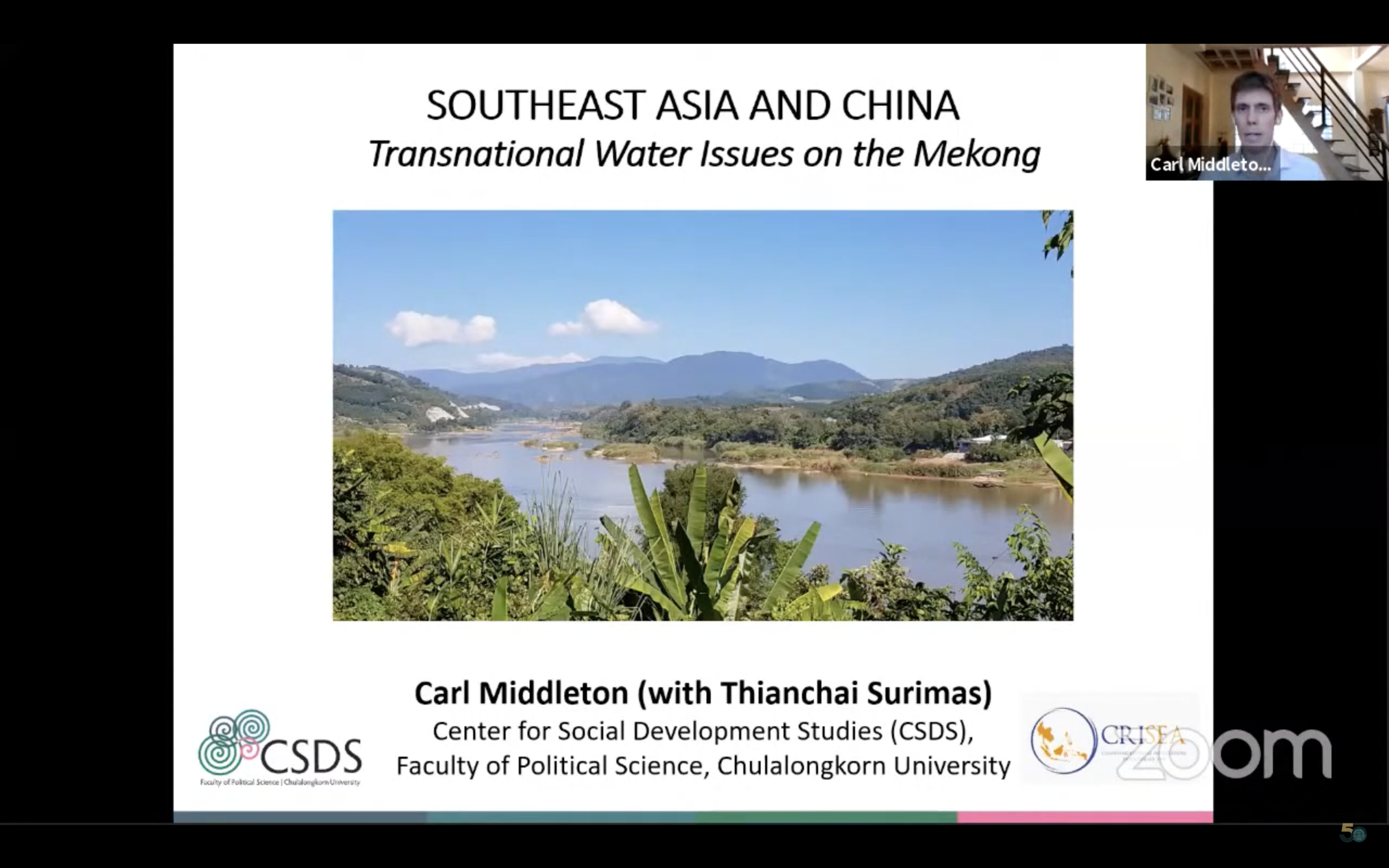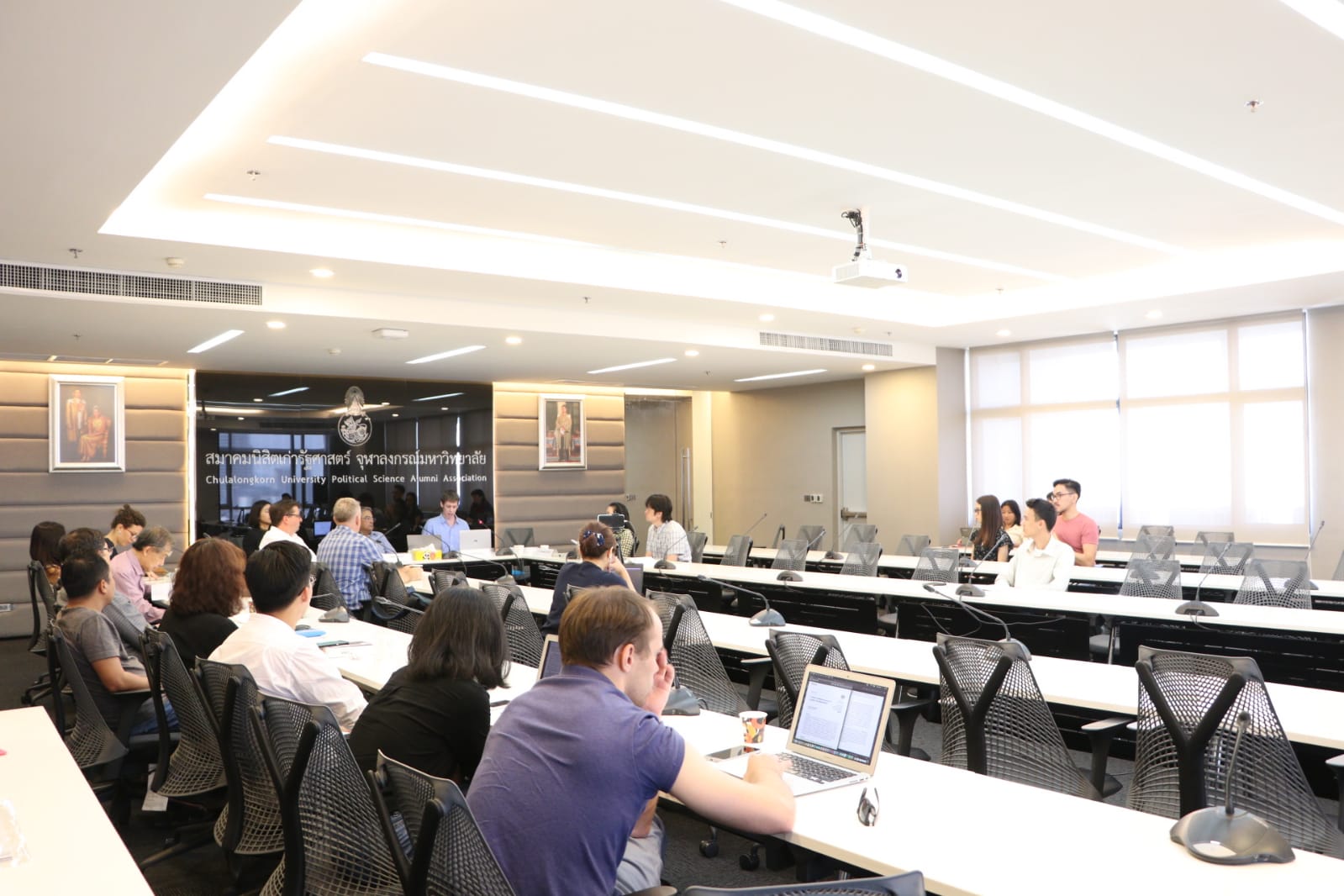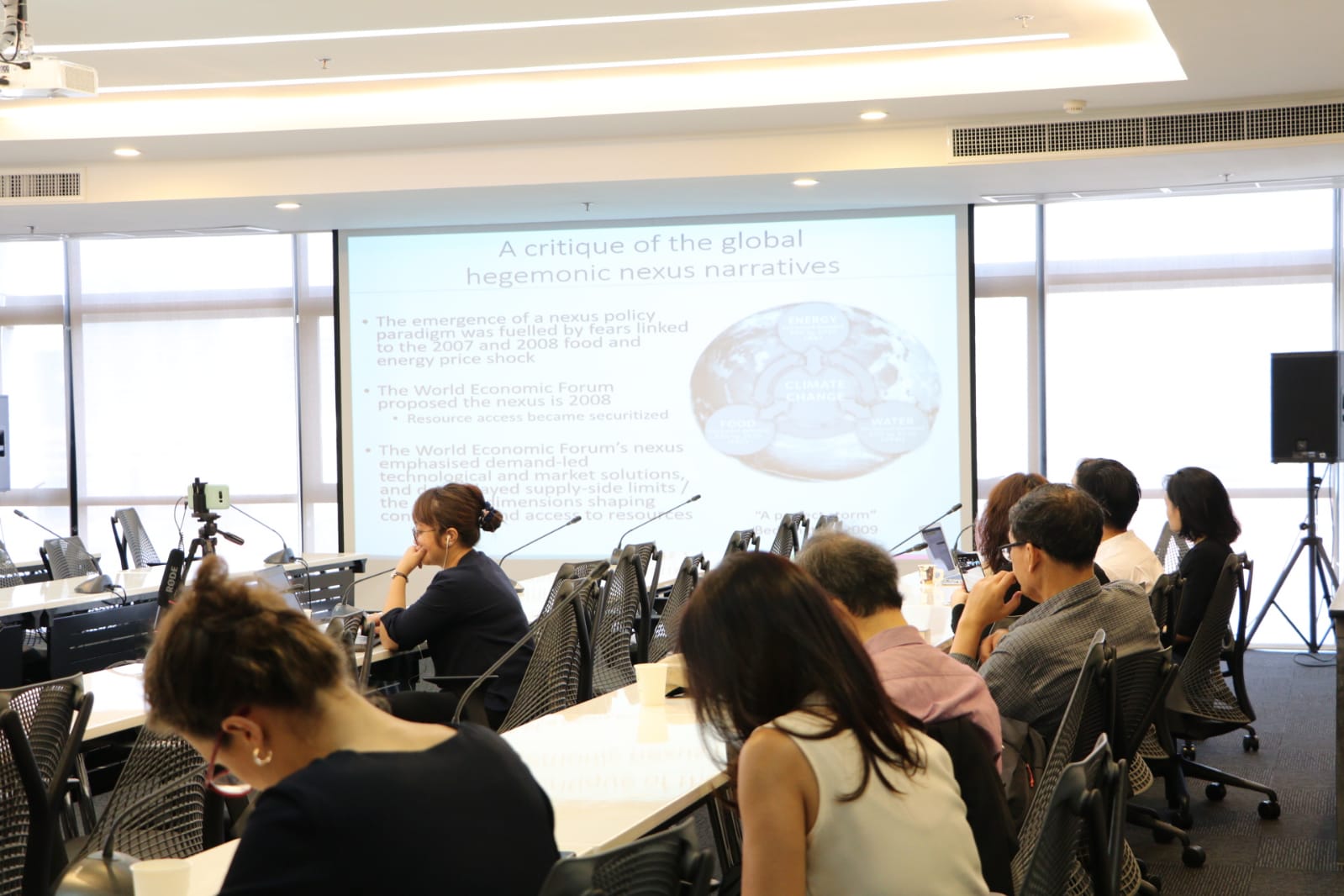Political Ecology in Asia Dialogue Series: "Enabling a sustainable and just electricity transformation in Thailand"
/Last month, we talked with Chuenchom Sangarasri Greacen (Chom Greacen), who is a co-founder of the energy think tank Palang Thai that has undertaken public-interest research for fair, sustainable, and democratic development of the energy sector in Thailand and the wider Mekong region. Before this, from 1999 to 2003, Chom was an electricity policy analyst at the Energy Policy and Planning Office within Thailand’s Ministry of Energy, where she concentrated on the country’s electricity-sector reform process.
Over the last two decades, Chom has prepared many studies published as reports, academic articles and in the media. Her work has often informed and shaped public debates on electricity planning and policy, as well as particular power projects. In 2012, for example, she prepared a power development plan for Thailand that demonstrated how Thailand could phase out coal, incorporate more renewable energy and emphasize energy efficiency and demand side management, leading to significant debate on the Thai Government’s own Power Development Plan.
In this video, we discussed about enabling a just and sustainable electricity transformation in Thailand.
The video was premiered on CSDS Facebook Page. Below are the timestamps of the video, in case you want to jump to specific section/question.
02:47 To begin, please could you give us a brief overview of Thailand's electricity sector at present, in terms of types of generation and ownership. From the government's perspective, what is the current goal of electricity planning? How do you evaluate this goal?
10:42 Thailand currently has a very high reserve margin (around 45%?) - How did this become so, and what do you think should be done about it?
23:23 There is growing debate in Thailand about increasing the proportion of renewables? How do you evaluate the progress on this to date? Are renewables moving in the right direction in Thailand, in terms of type and expansion?
30:28 It seems that 'disruptive technologies', such as decentralized block chain systems, are attracting a lot of attention nowadays. What are the current issues here, and what do you think about them?
35:26 Often less discussed is the potential for energy efficiency and demand side management? Is there scope for more in Thailand, and do you think it is likely to be achieved?
40:31 Do you think that the EU's Carbon Border Tax is significant to Thailand? Is it already having an impact and if so, how?
45:20 In what ways do you think research can help support a just and sustainable electricity transformation in Thailand? What should be the research agenda and who should undertake it?








































